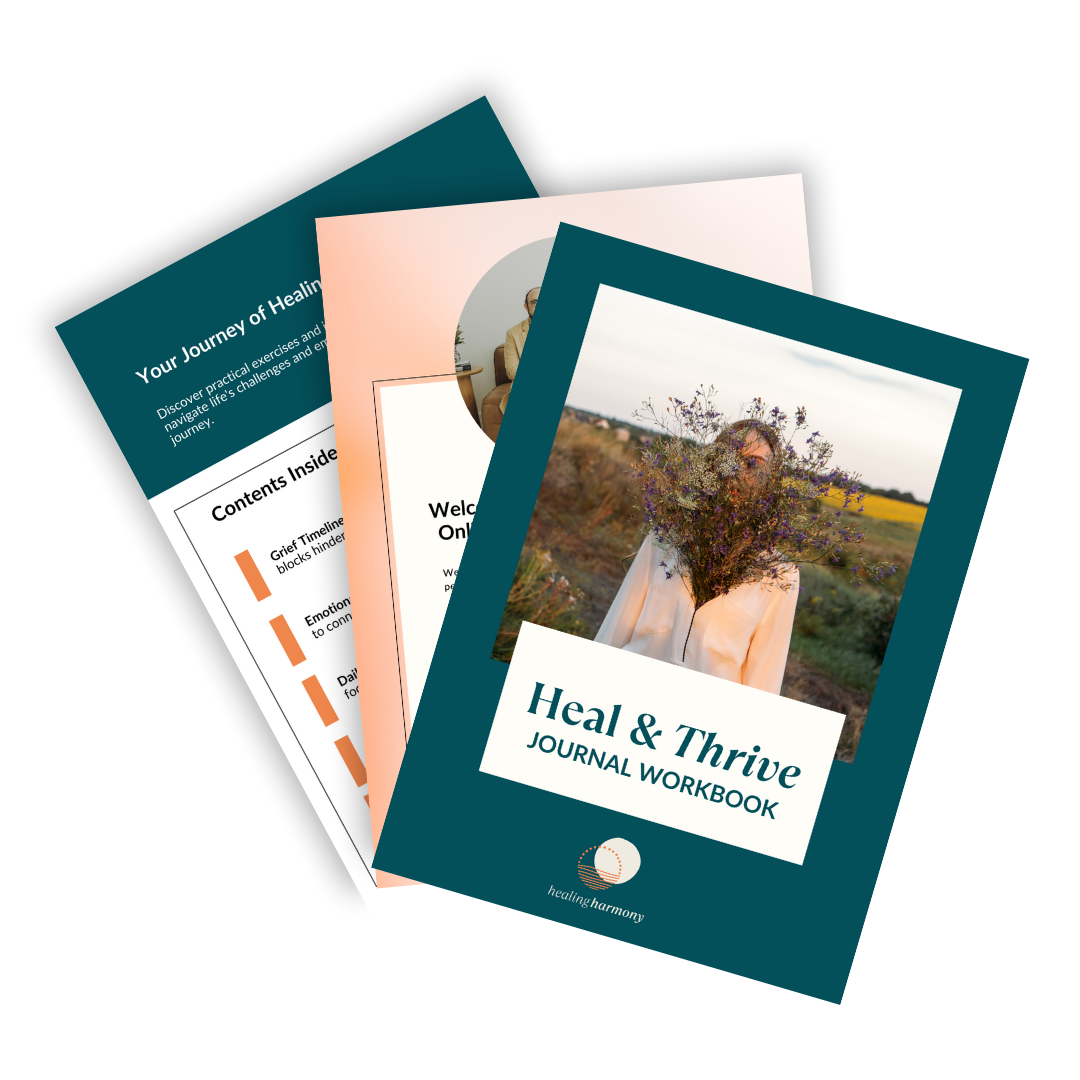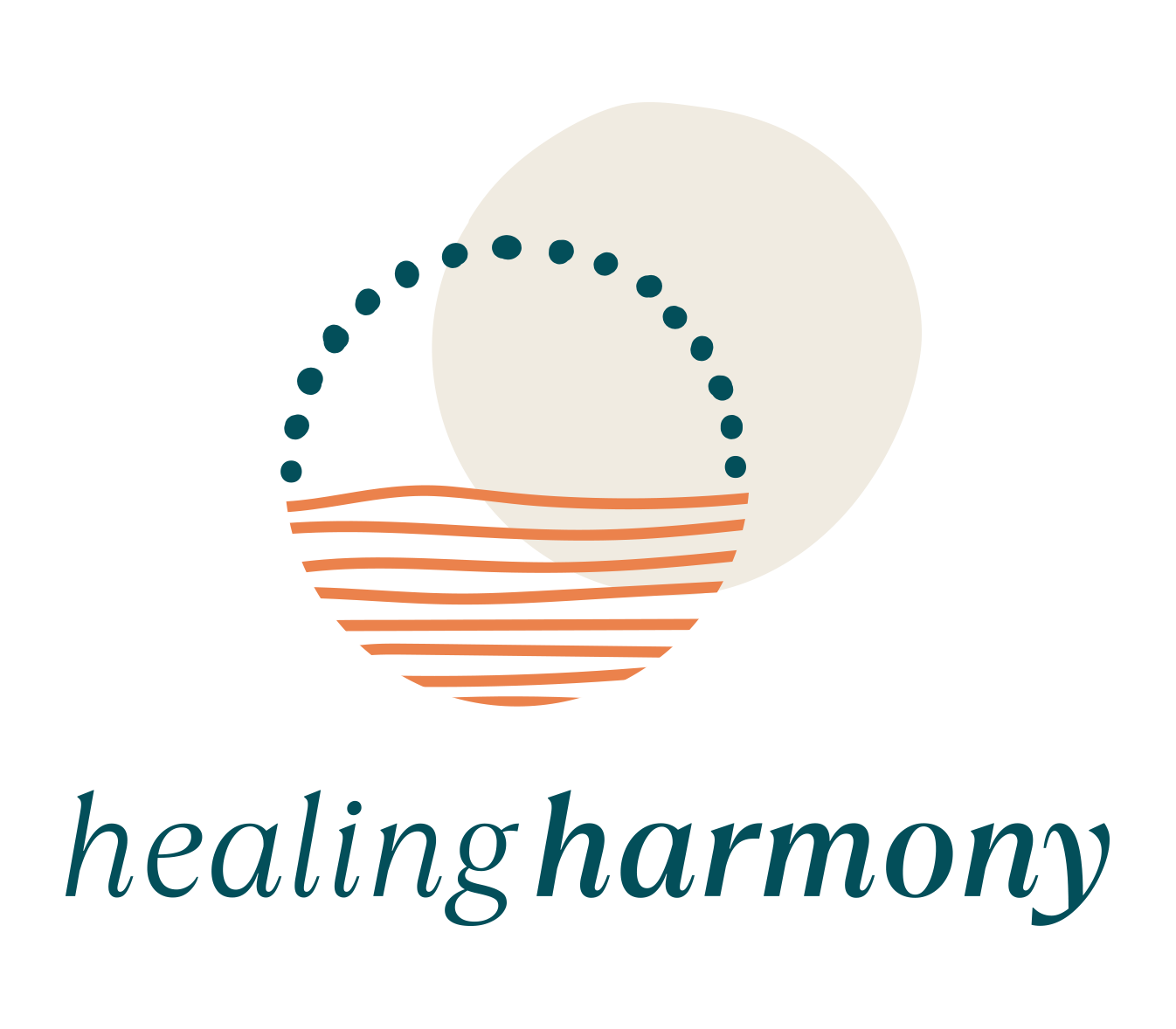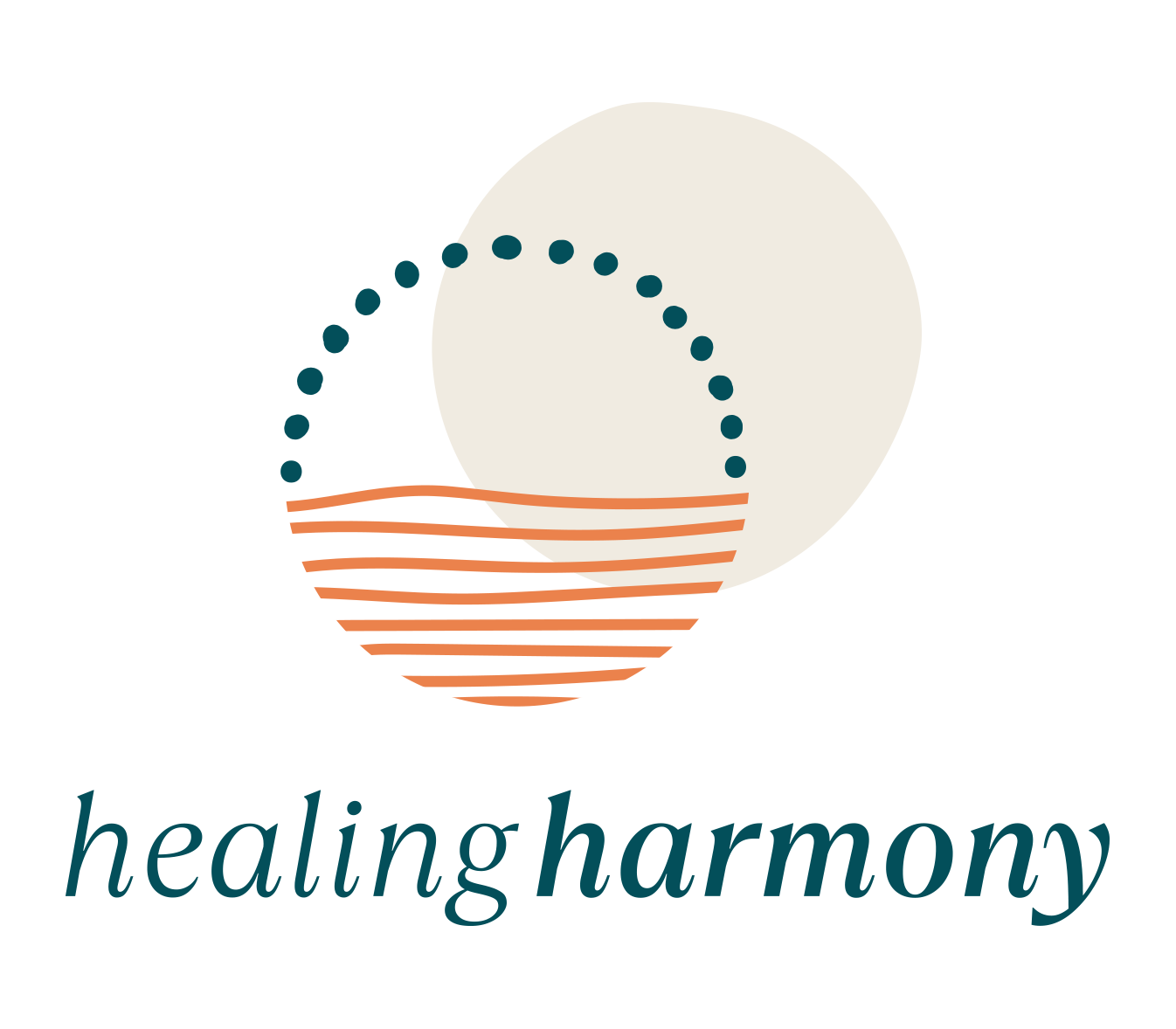Symptoms of ADHD in teenagers: how to recognize it and why it matters
Some teens seem constantly overwhelmed—but not because they’re careless or rebellious. They’re just fighting a silent battle no one else can see.
Maybe you’ve noticed it in someone you love. The constant fidgeting. The forgotten homework. The way their eyes glaze over in the middle of a conversation. Or maybe you’ve seen it in yourself—the effort it takes to focus, to stay organized, to keep up when your brain feels like it’s racing ahead or drifting away.
ADHD in teenagers doesn’t always look like we expect. It isn’t always loud or disruptive. Sometimes it shows up as a quiet disconnection. Other times, as emotional outbursts that seem to come out of nowhere. And far too often, it’s misinterpreted as laziness, disrespect, or lack of motivation.
The truth? ADHD is not a character flaw—it’s a neurological condition that affects how the brain processes attention, emotion, and impulse control. And when it goes undiagnosed or misunderstood, it can deeply affect a teen’s confidence, relationships, and sense of self-worth.
At Healing Harmony Counseling, we’ve worked with countless teens and young adults who’ve carried the weight of these symptoms for years—believing they were just “bad at life.” But when they begin to understand what ADHD really is and how it works, something shifts. They start to see that there’s nothing wrong with them—they simply experience the world differently.
In case we haven’t met yet, we’re therapists and life coaches dedicated to young adults and teens, here to help you navigate these challenges with compassion, insight, and the tools you need to thrive.
So if you’re here, reading this, wondering if what you or your teen is going through might be something more, you’re in the right place.
Let’s talk about what ADHD really looks like in teenagers—so you can stop guessing, start understanding, and begin the journey toward clarity and support.

What is ADHD and how common is it in teenagers?
ADHD—Attention-Deficit/Hyperactivity Disorder—isn't just about being "too hyper" or "unable to sit still." It’s deeper, more invisible. It’s a difference in how the brain processes the world: regulating attention, managing impulses, and navigating emotions. It's the difference between wanting to listen and feeling your mind yank itself in ten directions. Between knowing what needs to be done and watching your body freeze when it’s time to act.
But here's what most people miss:
Many teens with ADHD
go undiagnosed.
Why?
Because they've learned to hide it.
Because they've memorized coping mechanisms like masking their distraction with humor, or their overwhelm with perfectionism.
Because when they forget an assignment, adults may see laziness—not the exhaustion of trying so hard just to
appear like everyone else.
Because sometimes, even when they’re screaming inside for help, the outside looks "fine enough" to be ignored.
It’s not just a "phase" they'll grow out of. It’s real. It's neurological. And it deserves to be understood with compassion, not judgment.
When we recognize ADHD early, we don’t just help teenagers survive school.
We give them a chance to understand themselves, to stop blaming their struggles on a “broken” brain, and to realize:
there is nothing wrong with who they are.
What's the difference between ADD and ADHD?
Once upon a time, doctors used the term "ADD" (Attention Deficit Disorder) to describe people who struggled mainly with attention but didn’t show hyperactive symptoms. Today, everything is recognized under one name: ADHD (Attention-Deficit/Hyperactivity Disorder).
There are three types:
- Inattentive presentation (what used to be called ADD)
- Hyperactive-impulsive presentation
- Combined presentation
Understanding this isn’t just about labels—it’s about giving your story context.
It’s about realizing that what you’ve been battling inside has a name, a reason, and a path forward.
It’s about understanding that you are
not broken.
You are wired differently—and beautifully.
Symptoms of ADHD in teenagers: what to look for
Living with undiagnosed ADHD as a teen can feel like trying to follow a conversation in a language you almost—but not quite—understand. You try to stay present, try to “do better,” but your brain keeps pulling you in a dozen directions. The result? Frustration, shame, and that quiet fear that maybe you’re just not cut out for this.
Here are some signs that might feel a little too familiar:
- Zoning out in class, even when you’re genuinely interested.
- Forgetting important things—assignments, birthdays, that thing your friend told you not to forget.
- Blurting things out and regretting it instantly.
- Feeling like you’re crawling out of your skin at dinner, needing to move, scroll, tap—anything.
- Emotional waves that crash hard and fast: joy, anger, guilt, excitement, confusion—all in the same hour.
Eventually, it all circles back to one exhausting thought:
"Why can’t I just get it together?"
But here's the truth: you're not lazy or careless. These are all signs of how ADHD impacts the brain, particularly its executive functions like memory, planning, focus, and emotional regulation. According to ADDitude Magazine’s guide to ADHD symptoms in teens, many teens experience these signs long before anyone recognizes what’s really going on.
The world wasn’t built with ADHD in mind.
But that doesn’t mean you have to change who you are to fit in.
It just means you need the right support—and you deserve every bit of it.

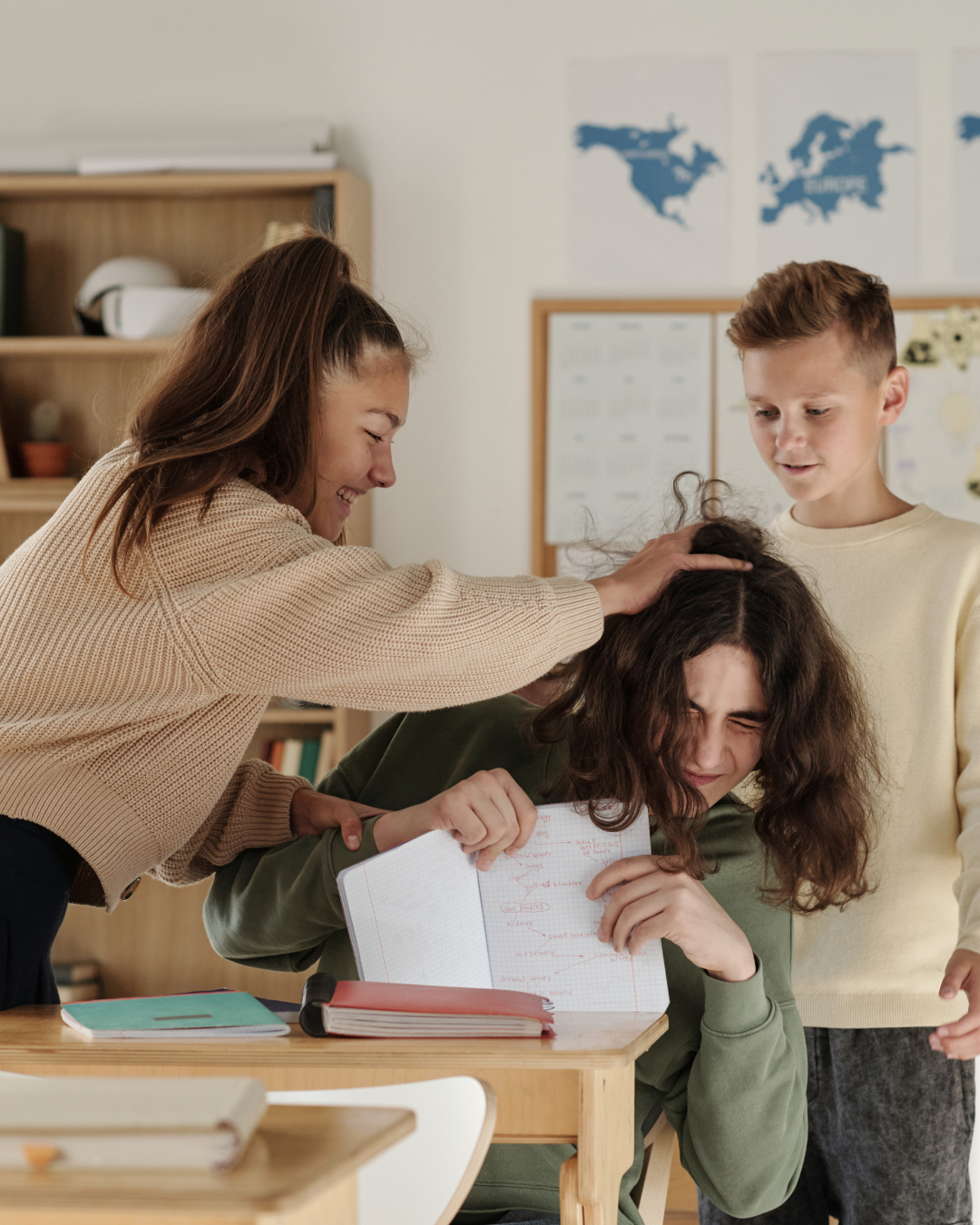
How do ADHD symptoms actually show up in real life?
Trying to live with undiagnosed ADHD as a teenager is like playing a video game where the controller lags two seconds behind your every move. You know what you want to do—but your brain and body don't always cooperate. Every missed homework, every forgotten plan, every impulsive word that slips out feels like another crack in your self-esteem.
Let's break it down and really understand how these symptoms feel inside the body and heart:
Symptoms of inattention
Before we dive deeper, it’s important to know that these symptoms are not random—they are well recognized and studied by mental health professionals. Here are key symptoms of inattention that can show up during the teenage years. Not everyone experiences all of these, but they can be a close indicator of how one could feel.
- Careless mistakes in schoolwork: You know the material. You studied. But somehow, you miss simple instructions or lose points because you skipped steps. It feels like frustration trapped in your chest.
- Trouble sustaining attention: It’s like trying to hold onto soap underwater—no matter how hard you focus, your mind drifts, and suddenly the teacher's voice turns into background noise.
- Seems not to listen when spoken to: You hear people. You want to listen. But sometimes their words just slide past you, and by the time you realize it, they're waiting for a response you didn’t catch.
- Fails to follow through on instructions: You start projects with genuine excitement... but the steps blur together, and you freeze. The guilt afterward is heavy, pressing against your ribcage.
- Trouble organizing tasks: Keeping track of deadlines, dates, and details feels like herding a thousand cats. You try, but everything slips through your fingers.
- Avoids tasks requiring mental effort: Homework that needs sustained focus feels physically painful, like dragging your brain through mud.
- Frequently loses things: You put down your phone, your backpack, your keys... and they vanish. It’s like living with a trickster spirit in your room—and you start to blame yourself for being "irresponsible."
- Easily distracted: A sound, a thought, a flash of color—and suddenly, you’re miles away from what you were doing, your heart racing from the mental whiplash.
- Forgetful in daily activities: You forget plans you were excited for, assignments you cared about, and it chips away at your belief that you’re "capable."
Symptoms of hyperactivity/impulsivity
- Fidgets or taps hands or feet: Your body has to move, like there's electricity under your skin that refuses to be still.
- Leaves seat at inappropriate times: You know you’re supposed to sit through the lecture or family dinner, but the urge to stand up feels unbearable, like you’re being trapped.
- Runs about or climbs inappropriately: Even when you want to "act your age," your body sometimes just acts first—running, jumping, climbing before your brain catches up.
- Unable to play quietly: Even having fun feels louder, faster, more intense for you. Silence feels unnatural and itchy.
- Acts as if "driven by a motor": People ask you to "calm down," but they don’t realize—you can't. It’s not a choice; it’s a constant humming underneath your skin.
- Talks excessively: Words spill out before you can stop them. Jokes, ideas, stories. And sometimes afterward, you sit in bed replaying everything you said, wishing you could hit "undo."
- Blurts out answers: You know you should wait. You try to wait. But the answer bubbles up and explodes before you can hold it back.
- Difficulty waiting their turn: Whether it’s in line, during conversations, or in games, the urge to jump in feels unbearable—like being stuck behind a glass wall watching life move too slowly.
- Interrupts or intrudes on others: You don’t mean to be rude. You’re just so excited to connect, to share, to be seen—and sometimes it comes out too fast, too soon.
Recognizing these signs can feel like finally fitting the scattered puzzle pieces of your life into place. It’s not that you’re "bad." It’s that your brain processes the world differently—and that difference deserves compassion, not criticism.
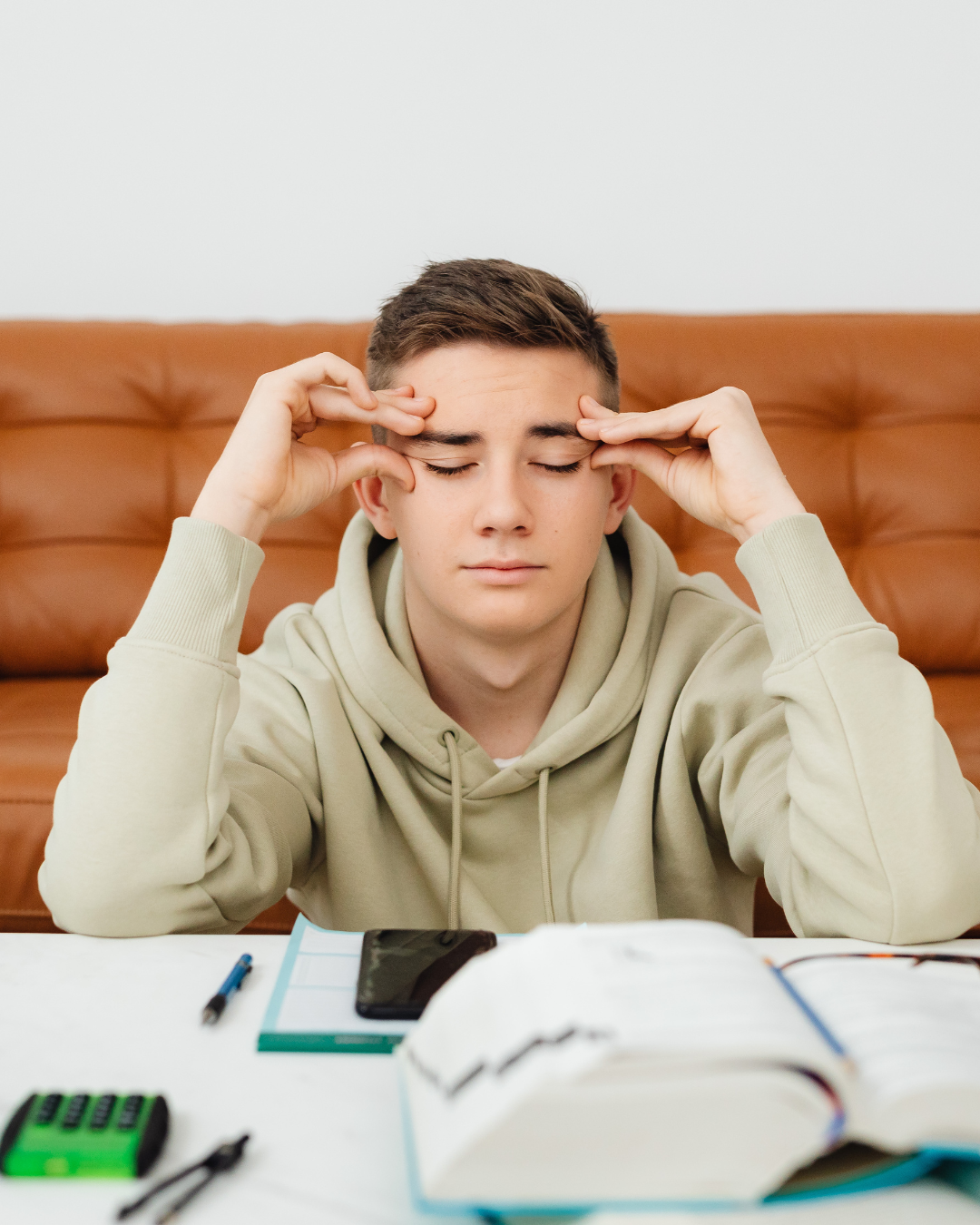
What does ADHD look like in a 15-year-old?
At 15, ADHD might not look like what you expect. It isn’t just the “hyper kid” stereotype. It’s the quiet student who stares at a blank test, heart pounding because they know the answers—they just can't organize their thoughts fast enough to finish.
It’s the teen who forgets their locker combination for the third time that month—not because they’re careless, but because their mind is juggling 50 tabs at once, and simple details slip away.
It’s the student who starts a history project full of excitement and ideas, only to get overwhelmed midway and abandon it—not because they don't care, but because the steps to finish feel like a mountain they can't climb.
Or it’s the kid who talks nonstop, cracking jokes, keeping conversations flowing—hiding the truth that inside, their thoughts are spiraling faster than they can catch them.
Behind the messy backpack, the undone assignments, the missed deadlines—there’s almost always a teenager trying so hard... and feeling crushed when all that effort doesn’t seem to be enough.
Symptoms of ADHD in teenage girls vs teenage boys
ADHD can take on many forms—and for girls, it often hides in plain sight.
Instead of acting out, many girls turn inward:
- They daydream, lost in loops of thoughts that feel impossible to pause.
- They feel emotions deeply—tears, frustration, joy—that others may label as “too sensitive.”
- They fall behind quietly, not because they don’t care, but because the internal noise makes it hard to keep up.
- They work twice as hard to appear "put together," masking their overwhelm with perfectionism.
For boys, the signs often show up in more visible ways:
- They might speak out of turn, interrupt, or seem unable to sit still.
- They can appear defiant or disruptive, when in reality, their nervous system is just on overdrive.
- They get labeled quickly—when what they really need is understanding, not correction.
Each expression of ADHD is valid. And both deserve to be seen for what they are—not dismissed as laziness, disobedience, or emotional drama.
According to Healthline’s guide to ADHD symptoms in teens, these gendered differences in presentation often delay diagnosis, leaving many teens unsupported for far too long.
But support exists—and with the right guidance, these differences can become the key to self-awareness, confidence, and growth.

Can you suddenly develop ADHD as a teenager?
ADHD doesn't just "show up" in high school like an unwelcome guest. Symptoms must have been present before the age of 12, even if no one noticed. Maybe you were the “busy kid” who loved building forts and jumping on couches, and adults thought it was just "energy." Maybe you struggled quietly, masking your challenges through humor, good grades, or people-pleasing.
As teenage life brings bigger responsibilities—deadlines, social pressures, emotional independence—those old coping strategies start to crack under the weight. Suddenly, everything feels harder, and you’re left wondering why you can't just "handle it" like everyone else seems to.
You’re not lazy. You're not making it up. Your brain has been asking for help for a long time.
Can puberty make ADHD symptoms feel even harder to handle?
Puberty itself doesn’t cause ADHD, but it can feel like it supercharges the struggles you’re already facing. Emotional swings become sharper. Impulsivity can surge like a wave you can't control. A teen already battling distractibility or emotional regulation now has hormonal turbulence added to the mix.
It's like trying to sail a small boat through a storm without a map—one moment you're laughing with friends, and the next you’re overwhelmed by an anger or sadness you can’t even explain. Your mind, already racing from ADHD, now has a hurricane inside of it.
Understanding this isn't about making excuses. It's about giving yourself grace. You're not broken—you’re learning to navigate winds that most people can’t even see.
What is a powerful coping skill for ADHD?
When you’re living with ADHD, it’s easy to feel like your brain is working against you. Tasks that seem simple for others—like starting homework, remembering appointments, or staying focused in conversations—can feel like impossible hurdles. And the more you try to force yourself to “just focus,” the more frustrating it gets.
That’s why one of the most powerful coping skills we teach isn’t a planner or a checklist. It’s something deeper: building self-trust.
In our ADHD therapy for teens and young adults in Dallas, TX, we help you understand how your brain processes information, emotions, and distractions—without shame or judgment. We don’t believe in one-size-fits-all tools. Instead, we work together to identify what actually helps you function better, whether that’s moving while you think, breaking tasks into intuitive steps, or creating emotional safety before you even start.
Coping doesn’t mean fixing yourself. It means learning to work
with your mind, not against it.
And that’s where the healing begins.

Tips for managing ADHD in teenagers that actually make a difference
Forget the cookie-cutter advice. You deserve strategies that honor how complicated—and beautiful—your brain really is. Here are some real tips that can change everything:
- Turn tasks into visual stories.
Instead of just a checklist, map out your tasks visually like a comic strip or a story arc. Your brain loves imagery and will remember it better than plain text. - Build a "launchpad" space at home.
Create a small corner where you always put essentials like your keys, backpack, or sports gear. Reduce daily chaos by turning organization into a ritual. - Celebrate messy wins.
Did you half-finish that project you’ve been dreading? Amazing. Celebrate progress, not perfection. You’re building momentum—and momentum changes lives. - Create "body check-in" breaks.
Set alarms every few hours to pause, stretch, hydrate, or breathe. ADHD minds often lose track of physical needs. Respect your body’s rhythm. - Practice "planned pauses" instead of forced ones.
Before starting homework, give yourself 10 minutes to dance, sketch, or listen to a song. Controlled "off" moments recharge your focus like nothing else. - Name your strengths daily.
Every night, write down one thing your ADHD brain helped you do: spot a problem no one else noticed, make someone laugh, dream up a wild idea. You are powerful—and you need to remember that.
Every step you take, no matter how small, is a radical act of self-love.
Your story is still being written
Living with ADHD isn’t about being "too much" or "not enough."
It’s about navigating the world with a brain that sees life differently—and beautifully.
If you recognize yourself in these words, know this:
You are not broken. You are not alone.
At Healing Harmony Counseling, we honor your journey and believe in your potential to thrive.
Explore our ADHD therapy
and take your first step toward a future filled with clarity and hope.
*AI Disclosure: This content may contain sections generated with AI with the purpose of providing you with condensed helpful and relevant content, however all personal opinions are 100% human made as well as the blog post structure, outline and key takeaways.
* Blog Disclaimer: Please note that reading our blog does not replace any mental health therapy or medical advice. Read our mental health blog disclaimer here.
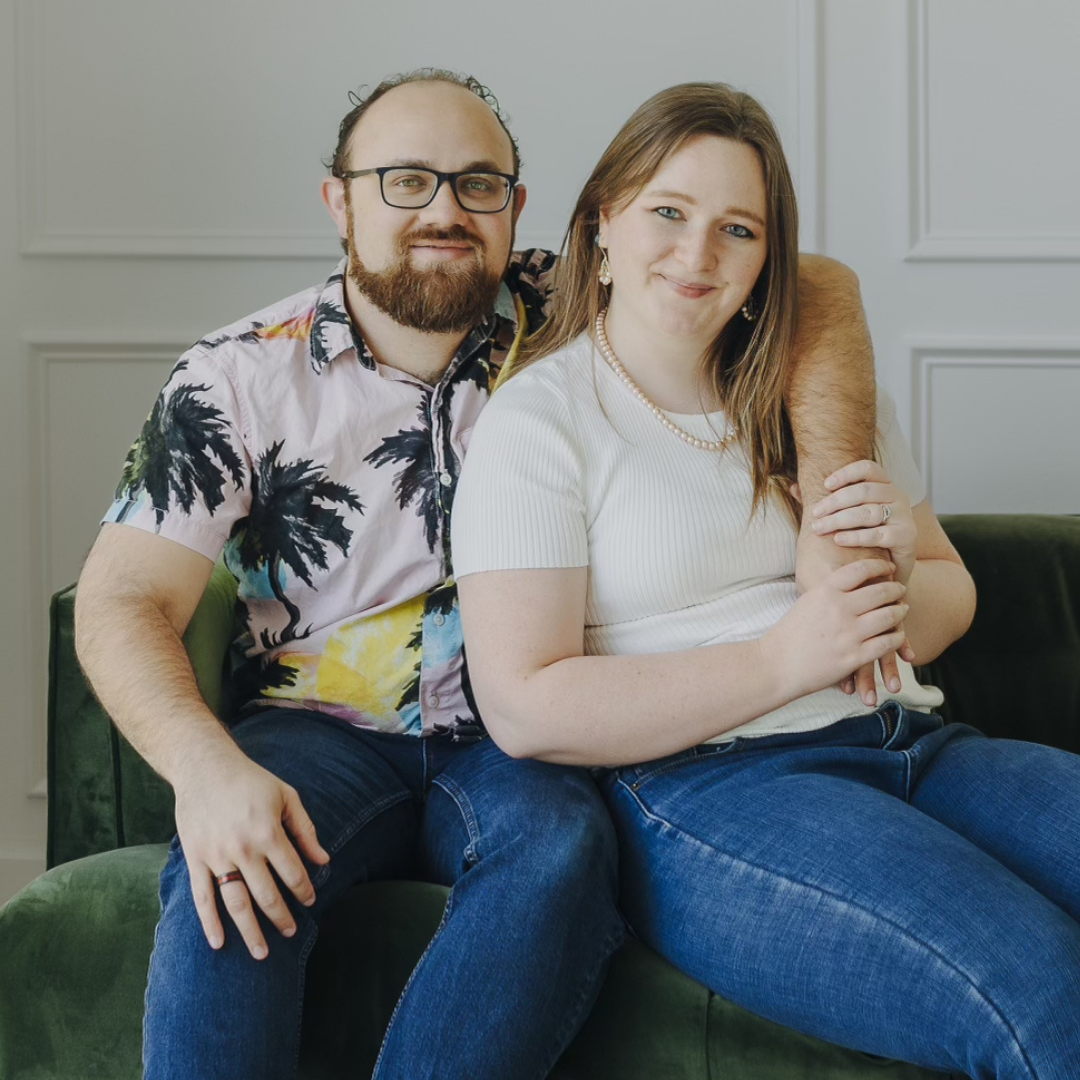
Hello, we are Jeffrey & Rebekah
Therapists and life coaches at Healing Harmony. We specialize in supporting multicultural families and Third Culture Kids (TCKs) through transitions and emotional challenges, fostering resilience and cultural identity.
